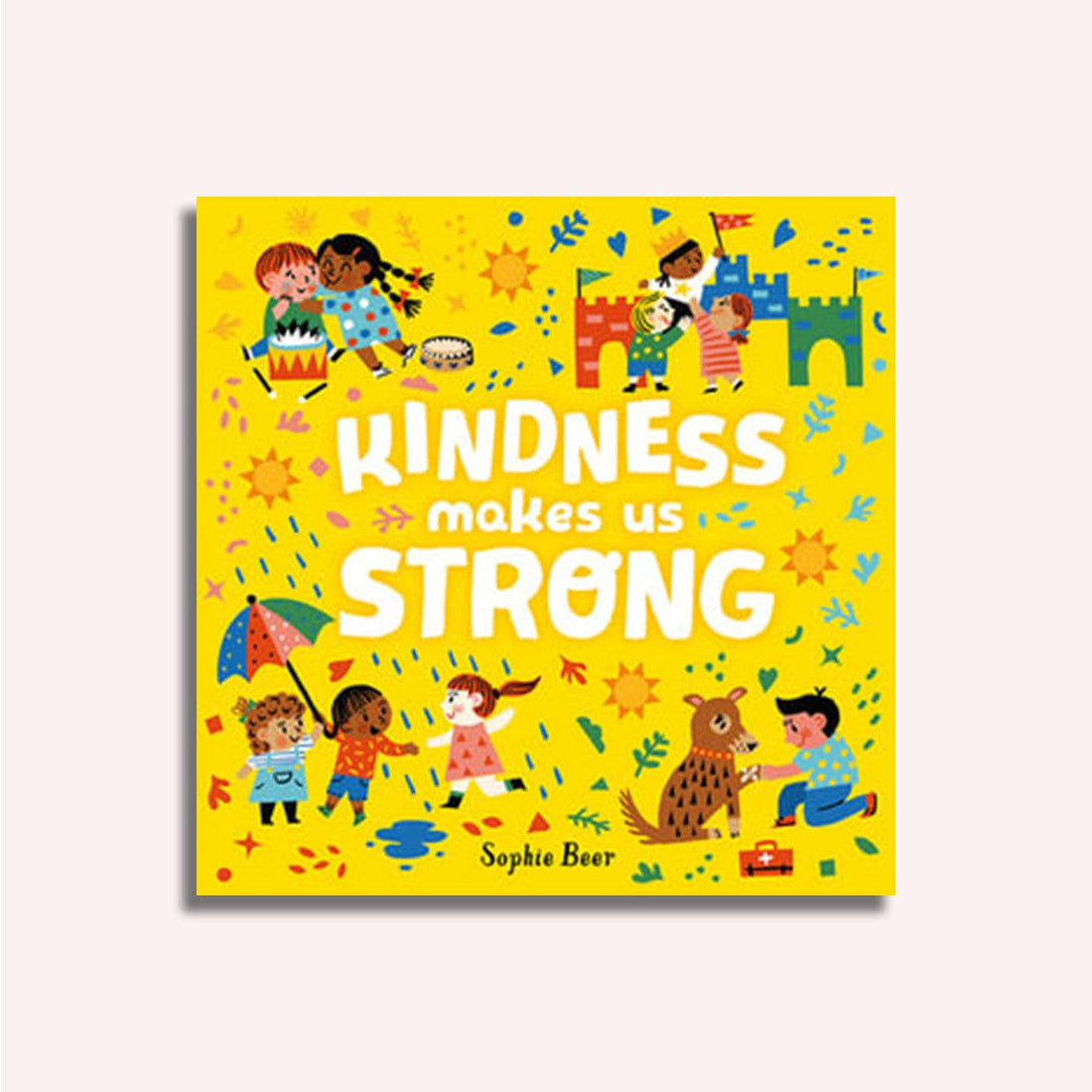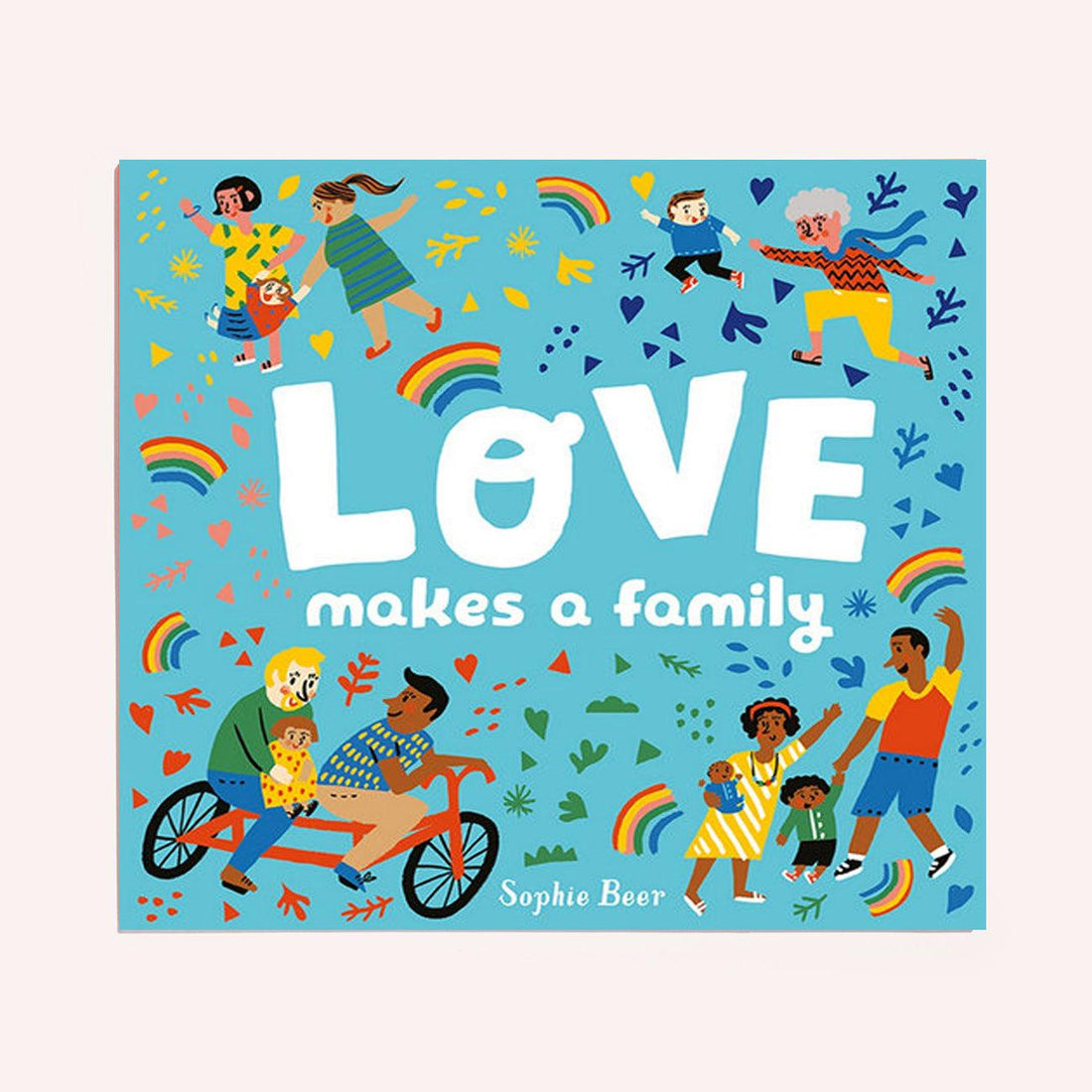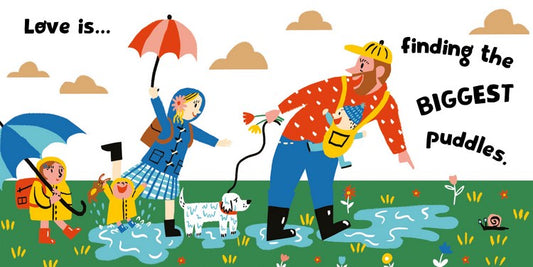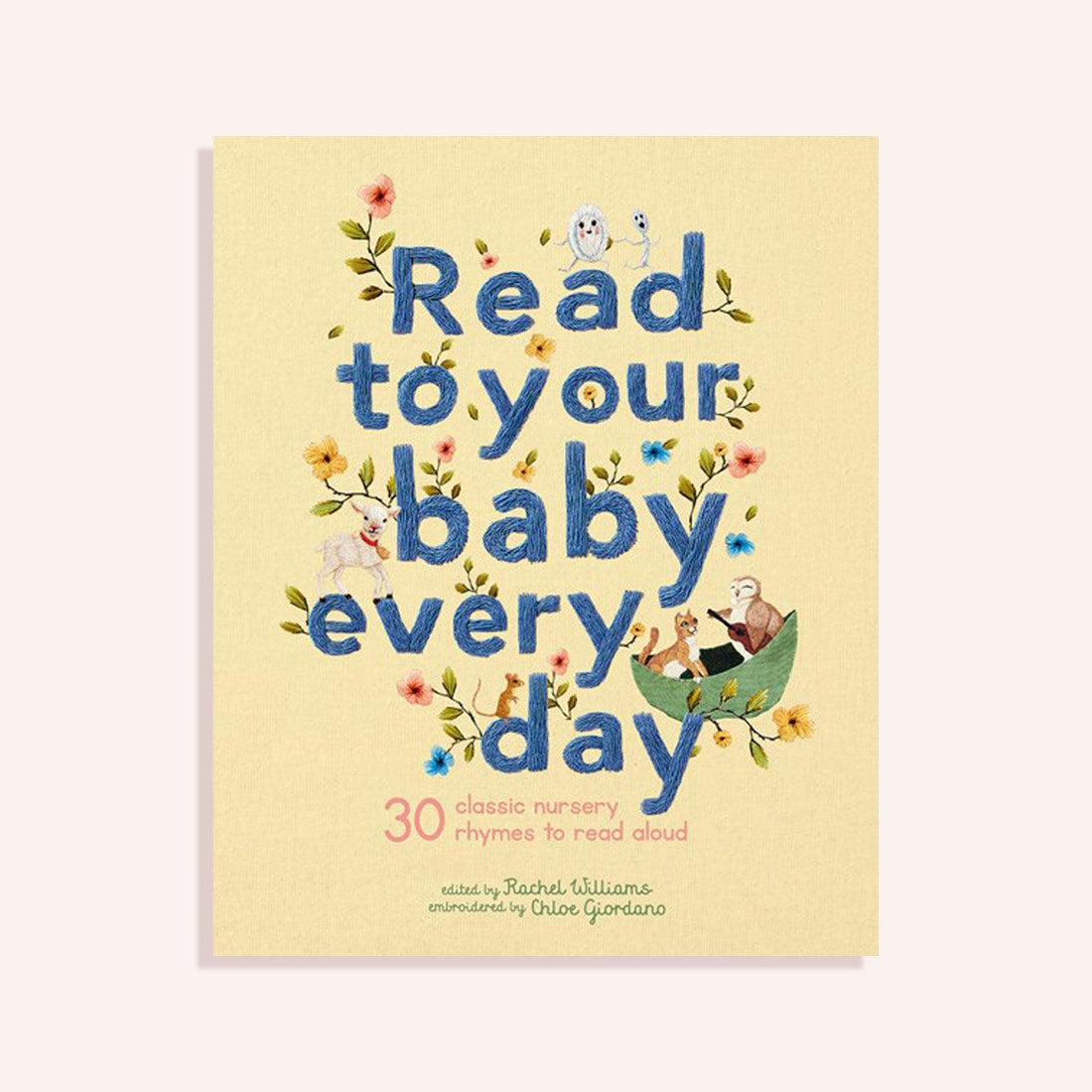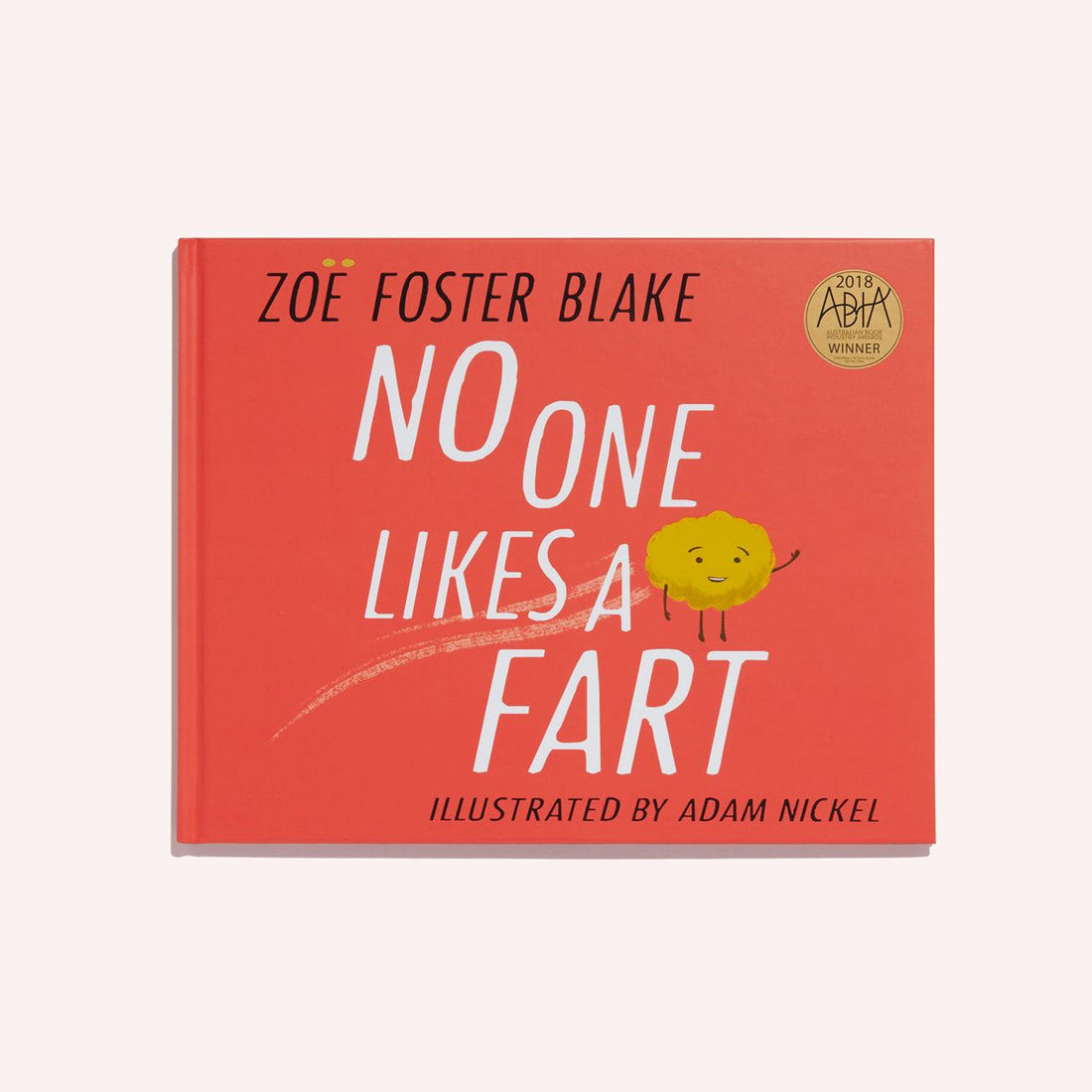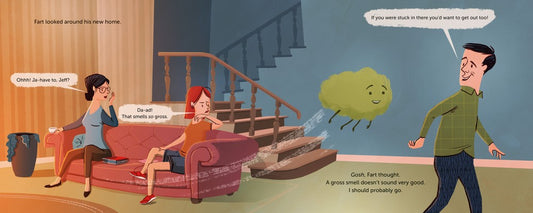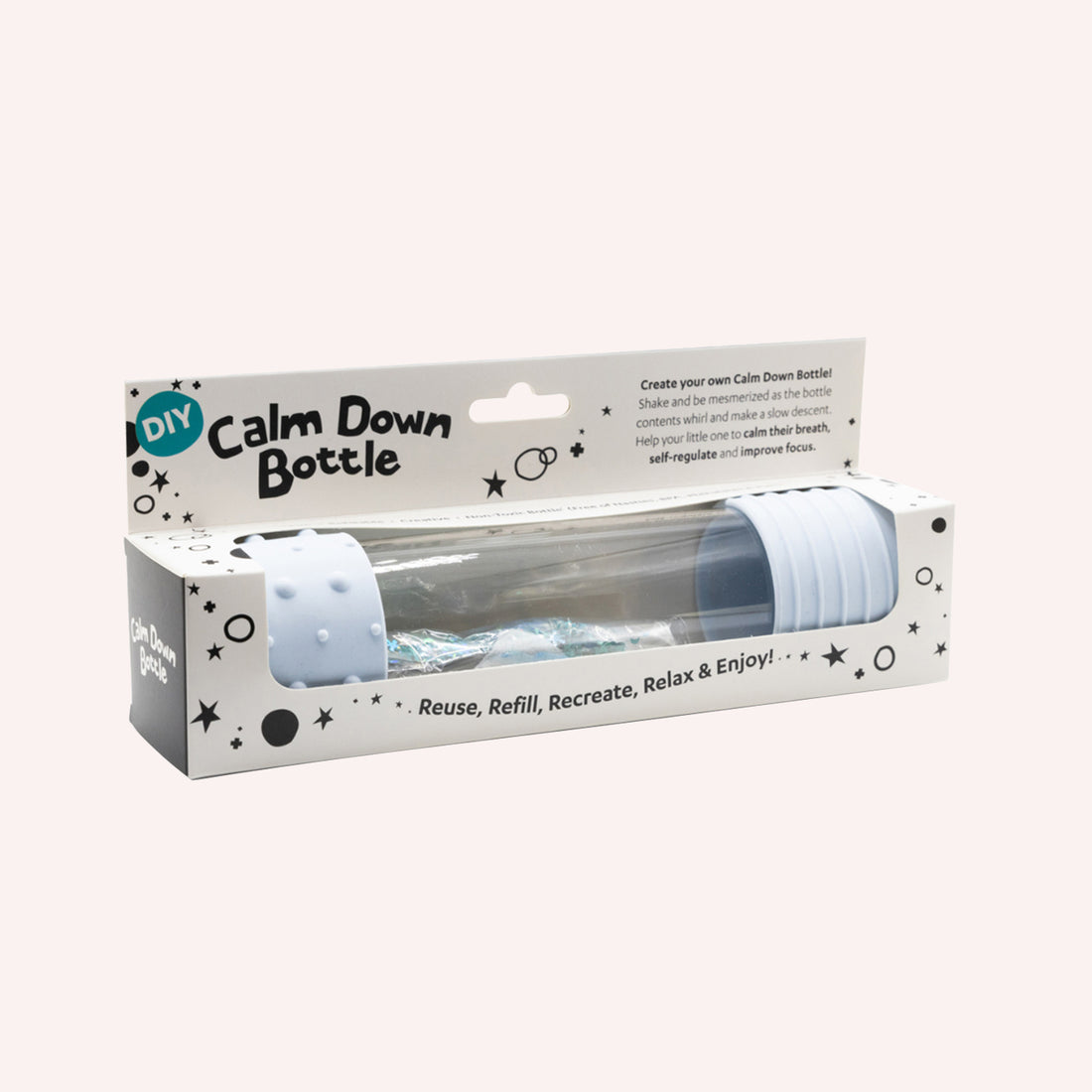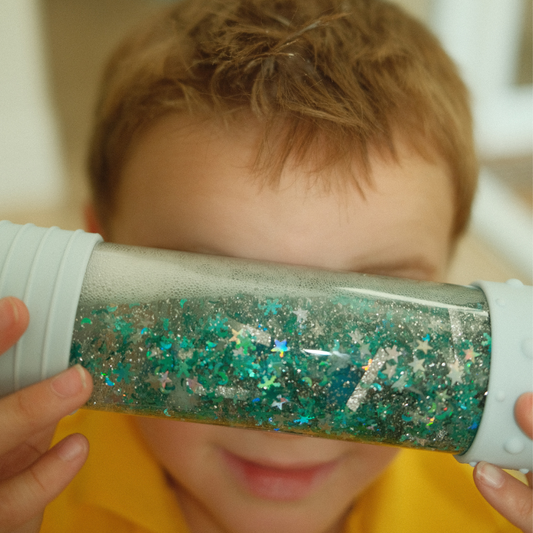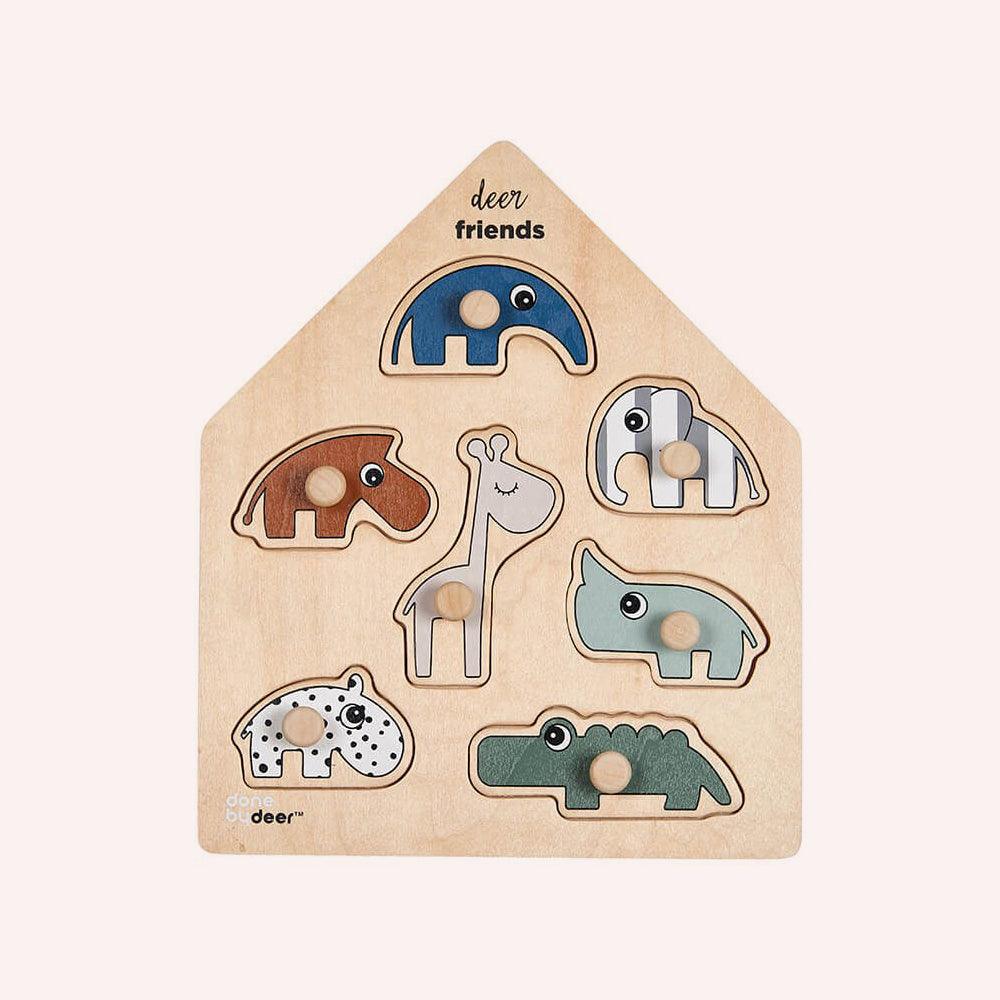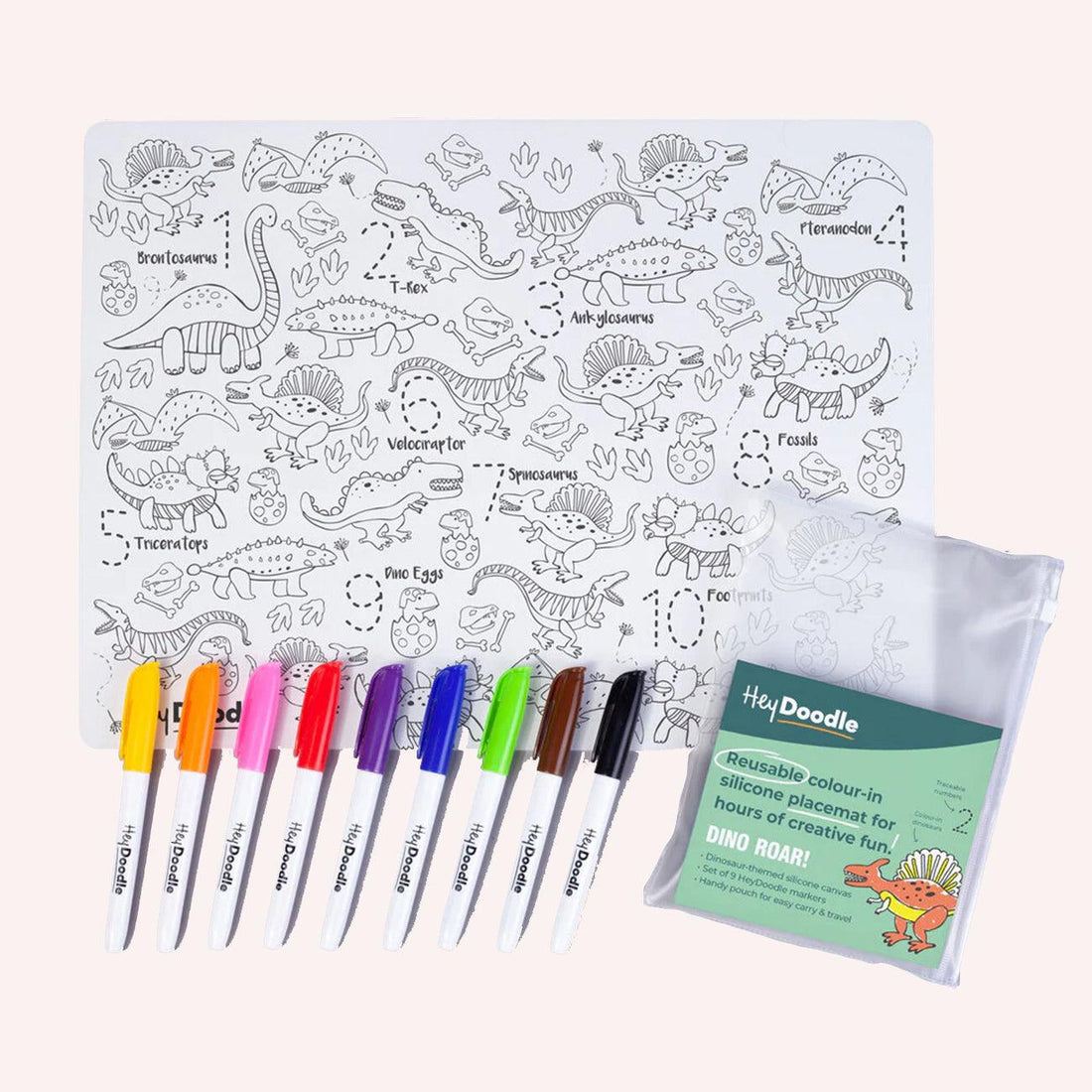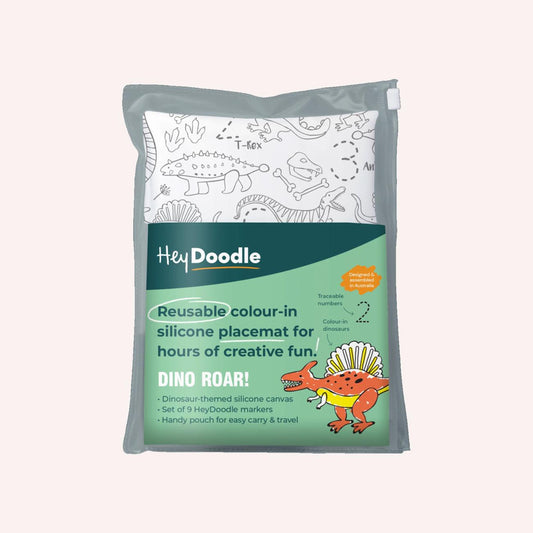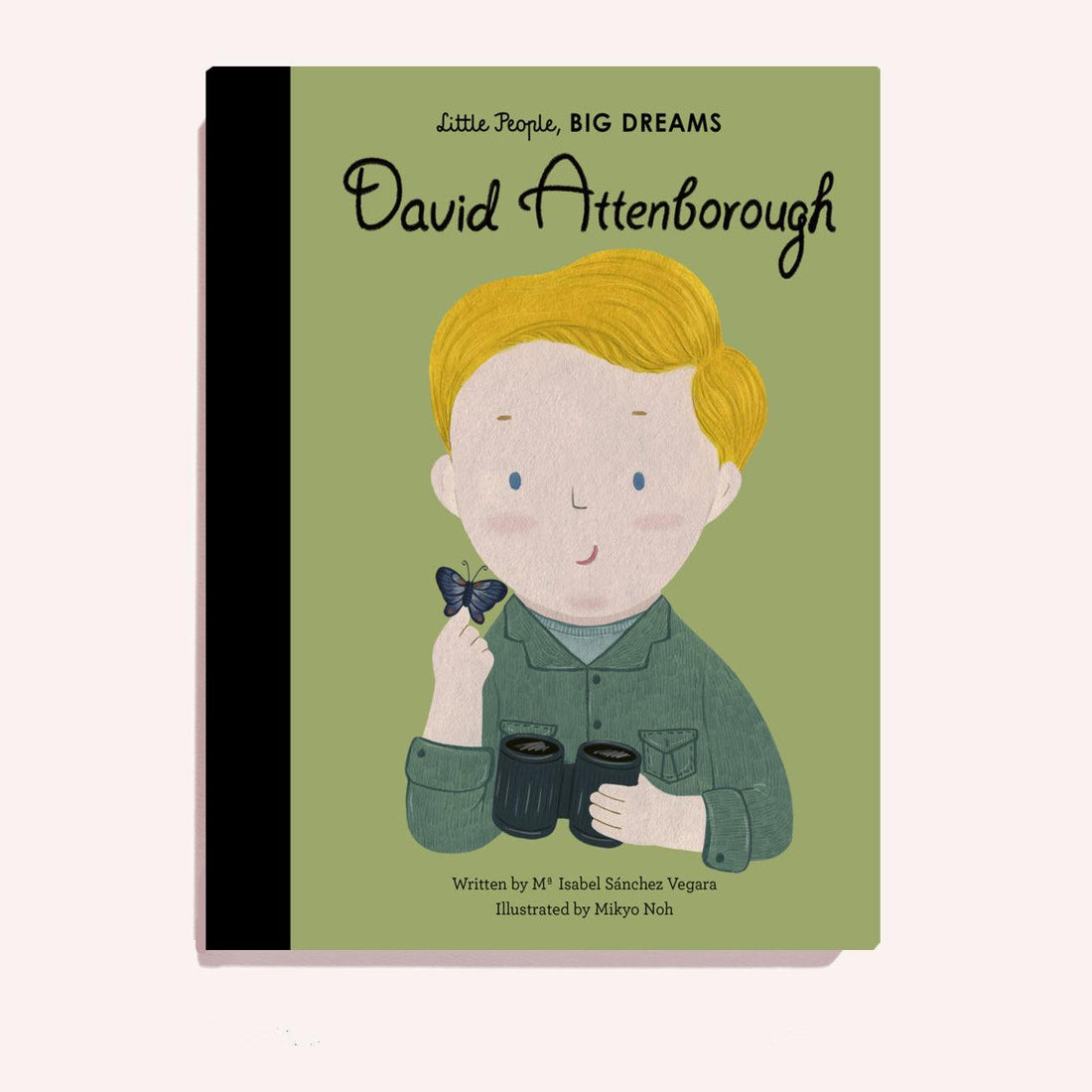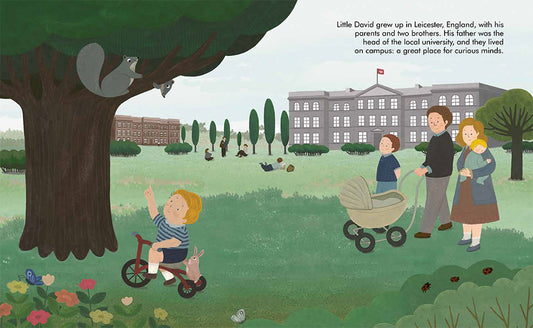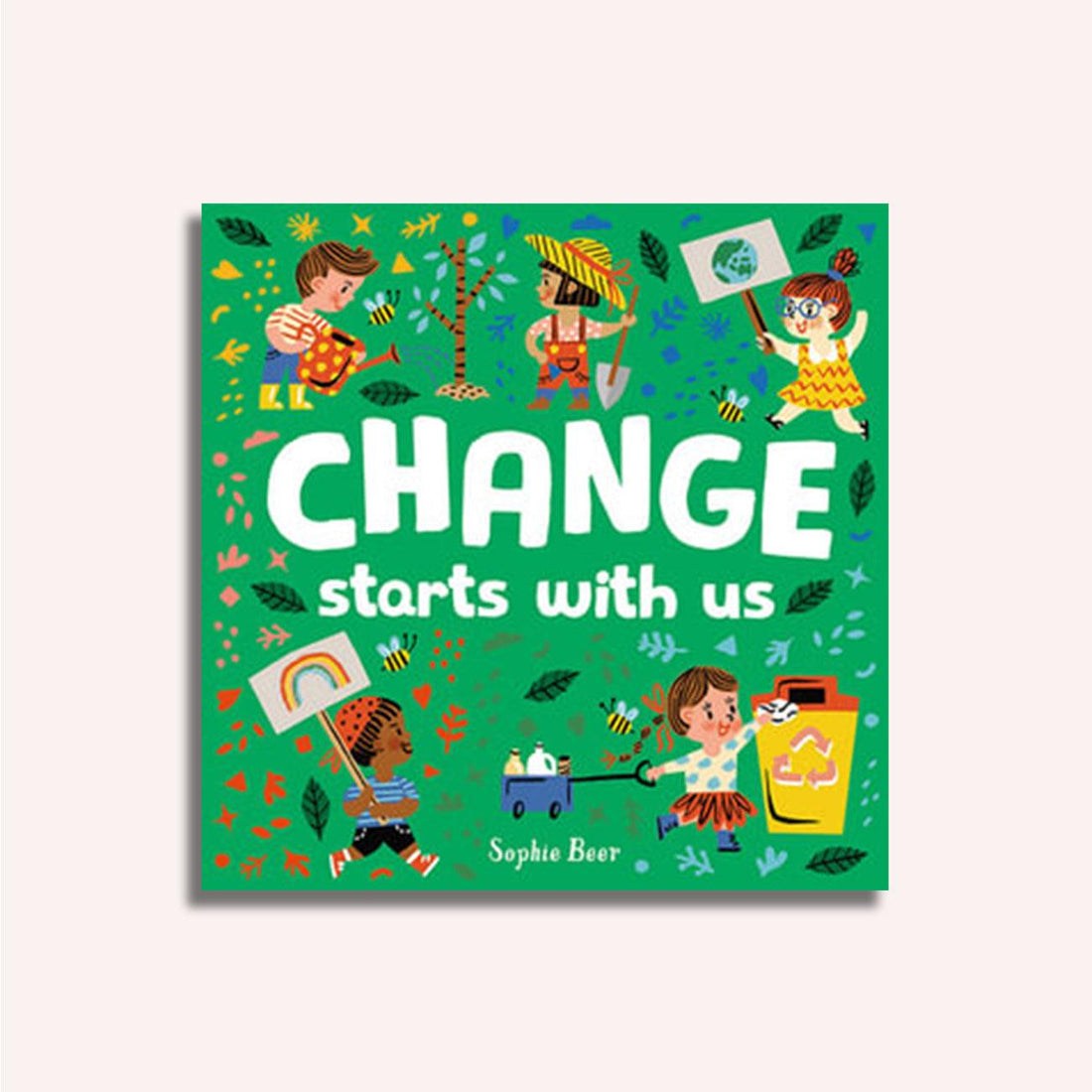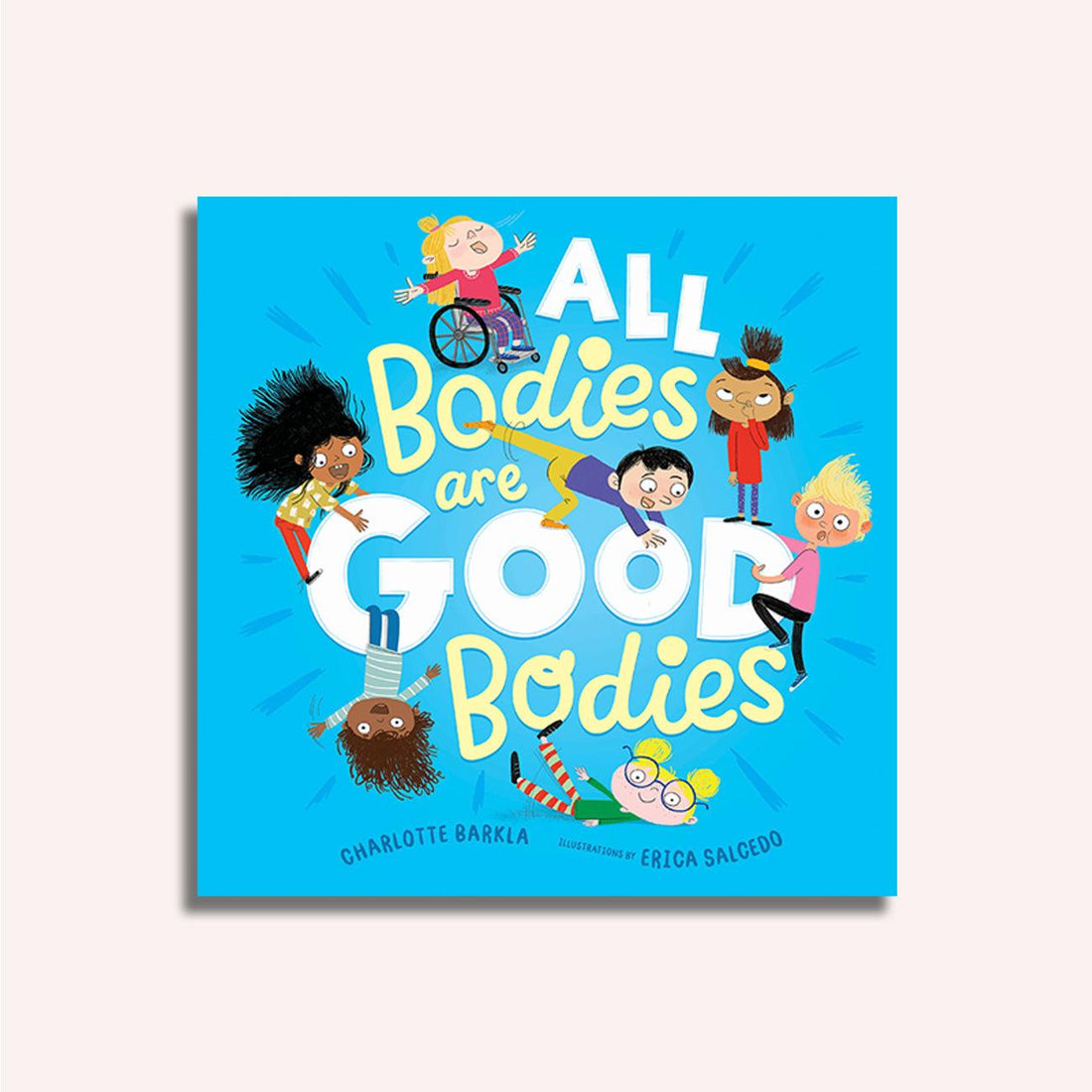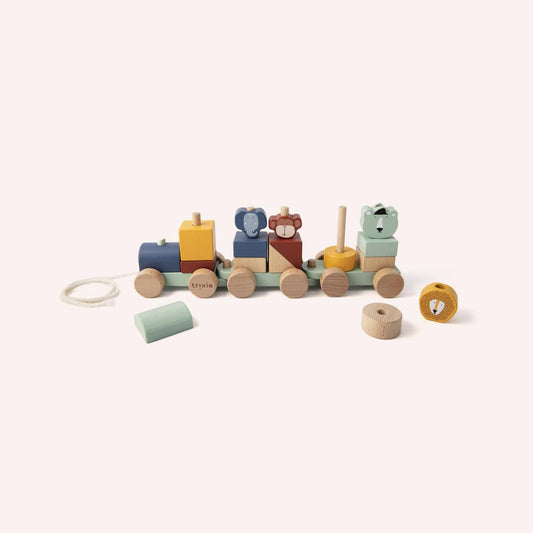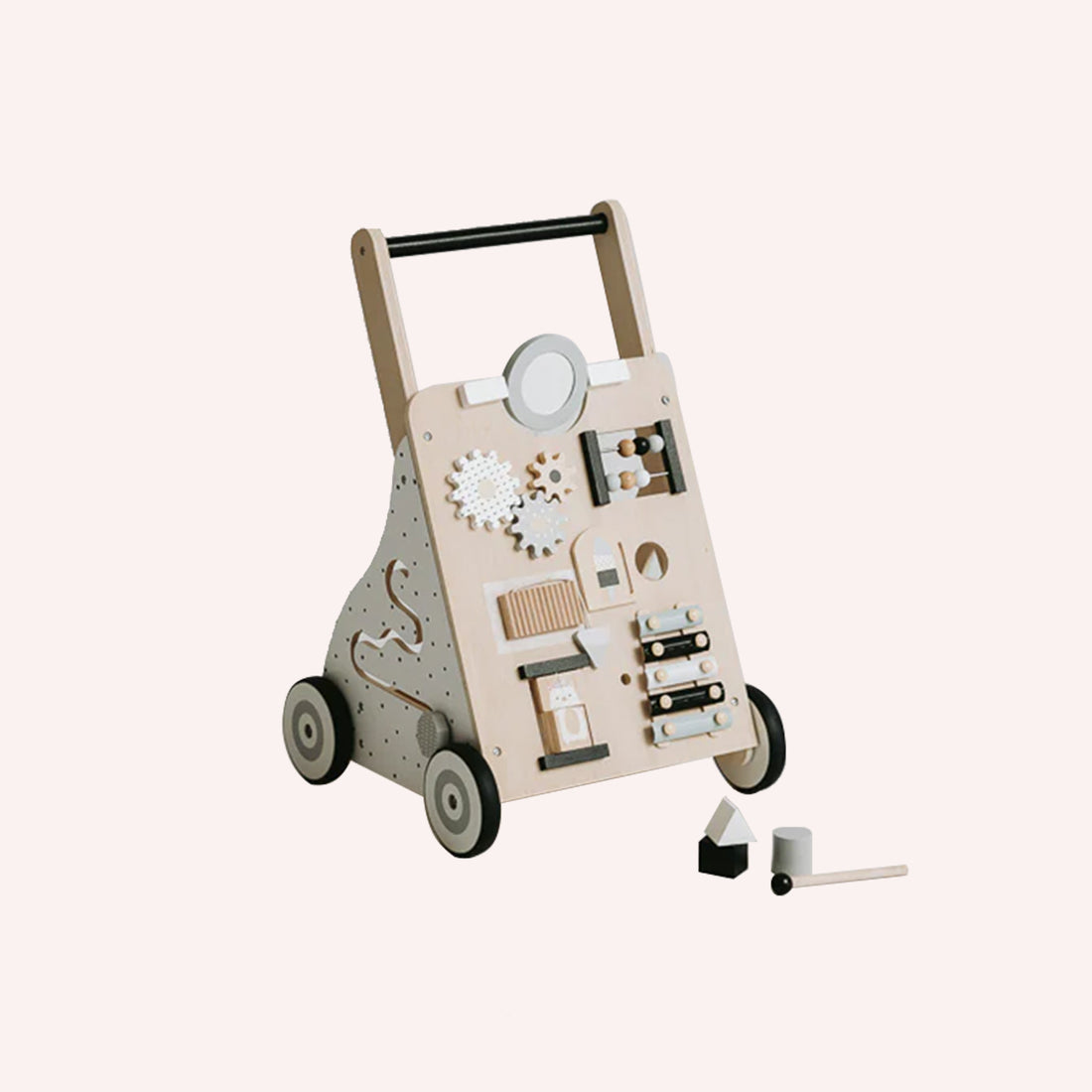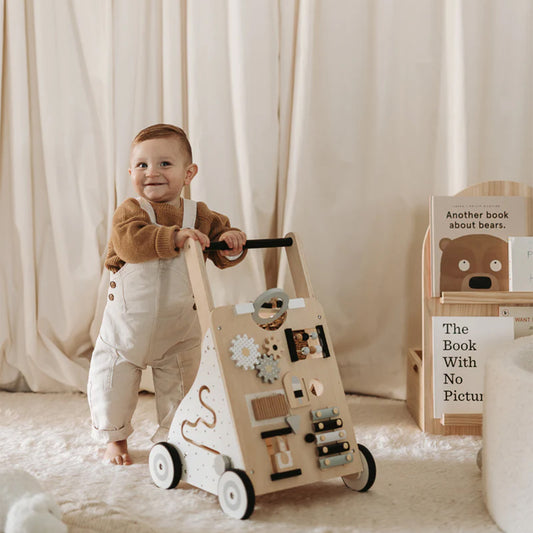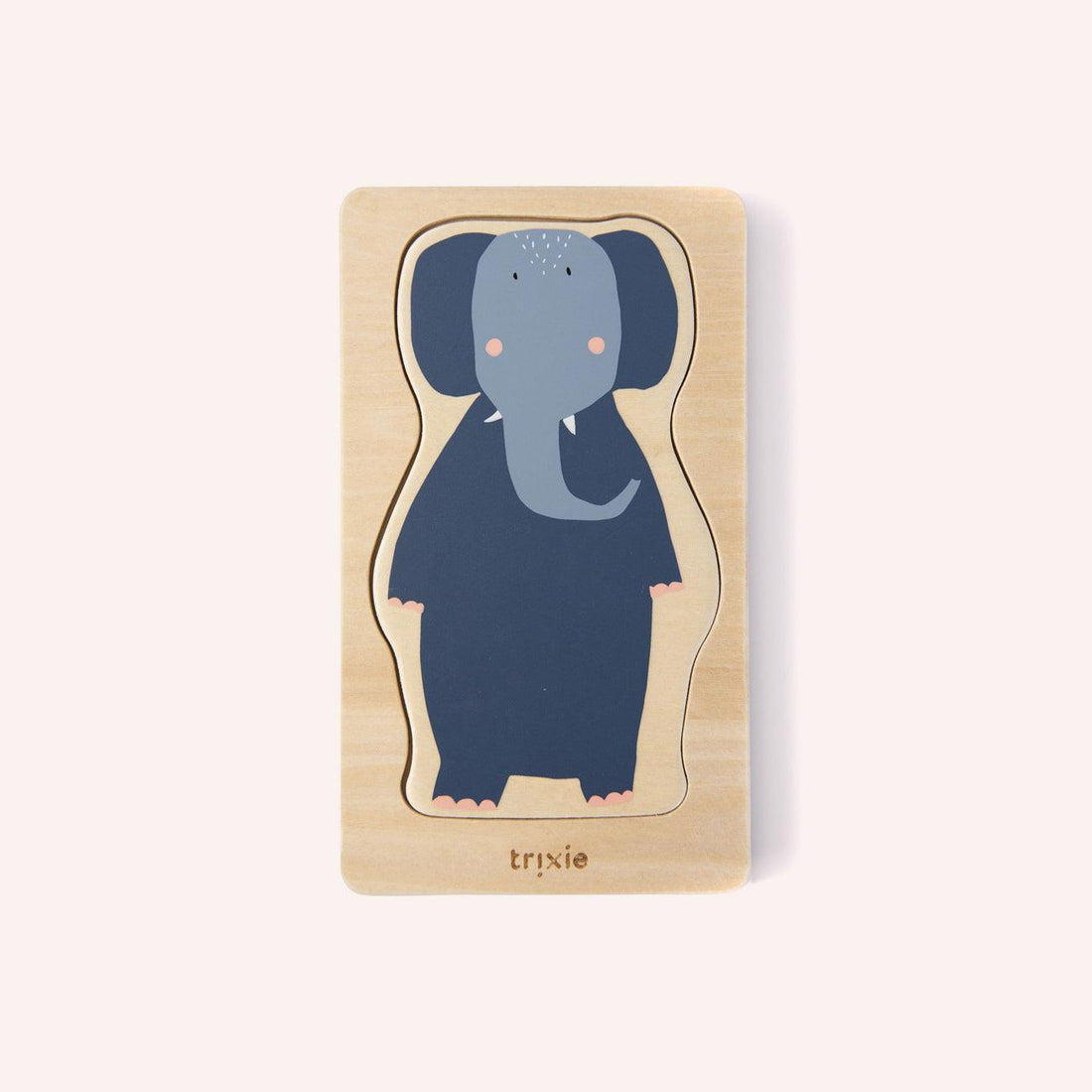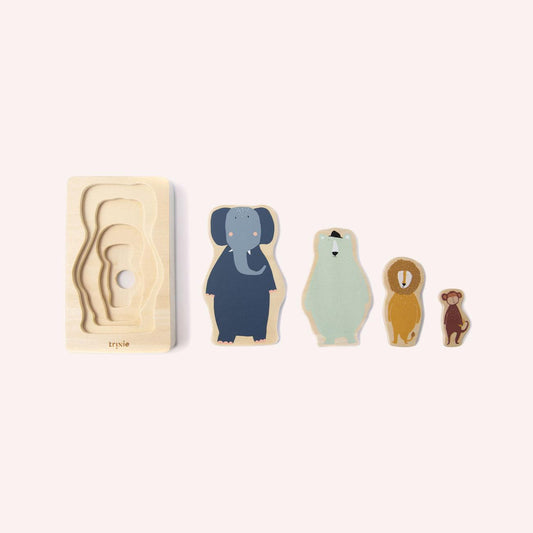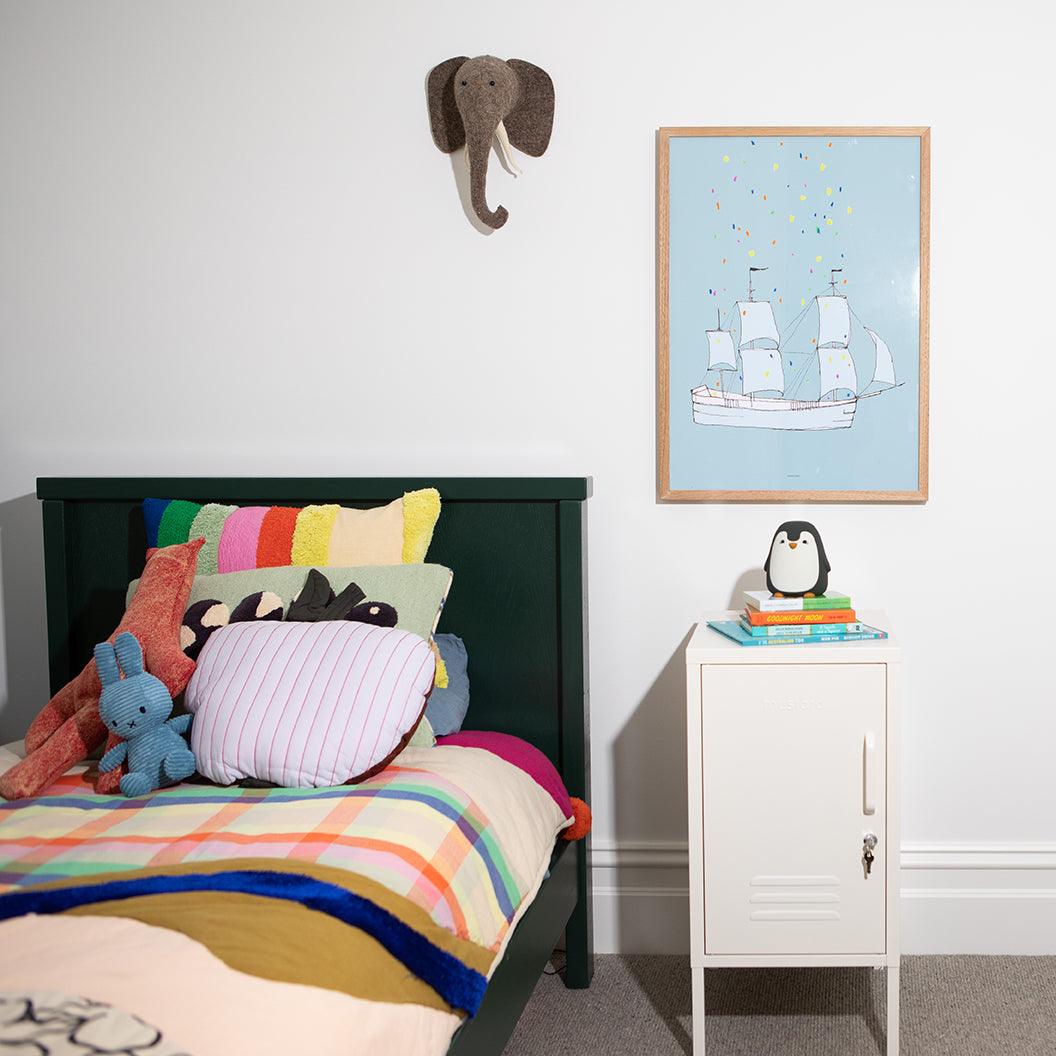A Paediatric Psychologist on Dealing With Big Toddler Feelings
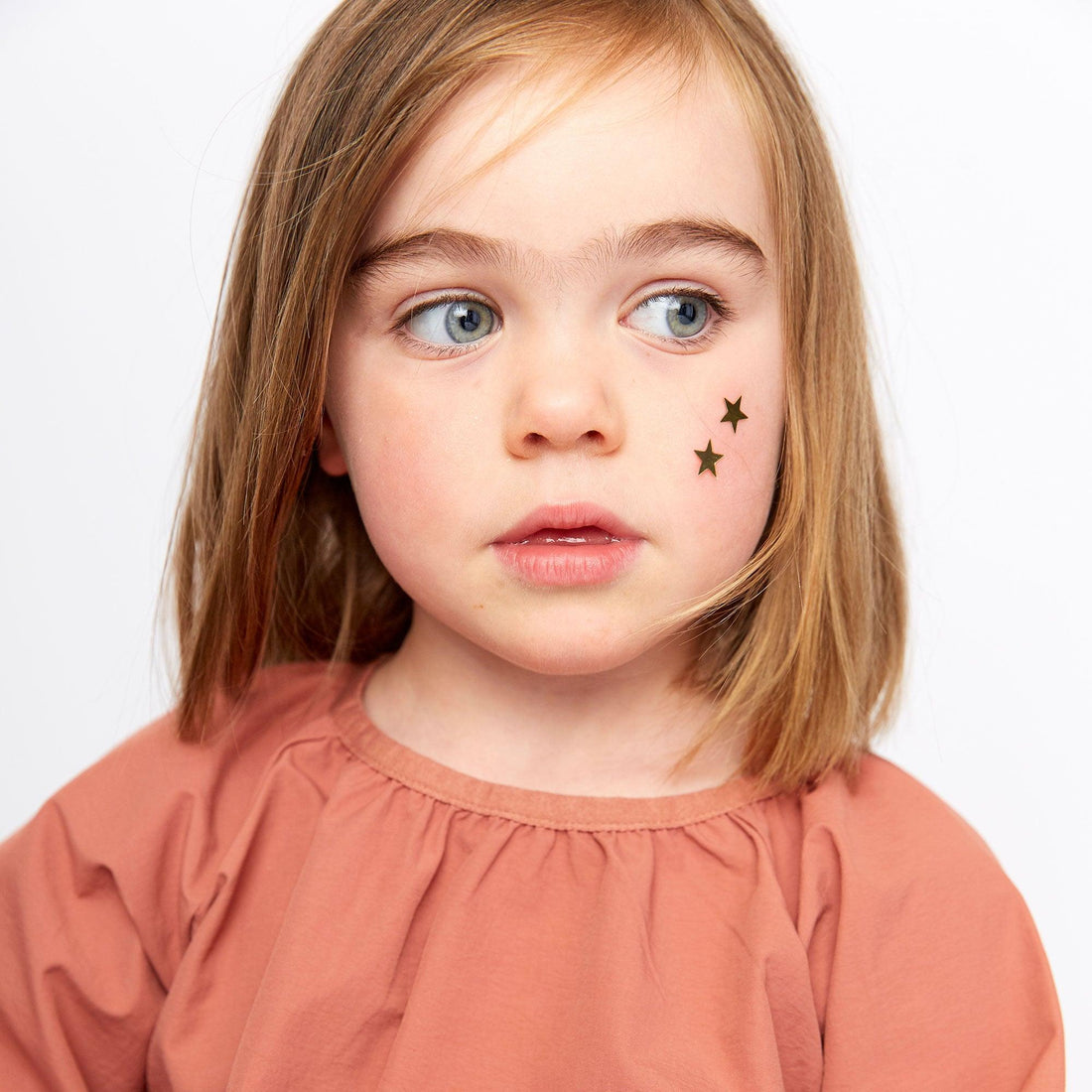

When you subscribe to a gentler parenting style, tantrums can leave you stumped.
For some time, it has been the trend for Millennials to have a gentler parenting style than what we were raised with. We encourage our kids to express their feelings, have autonomy over their bodies, give them empathy and patience in regards to their lack of compliance and self control. The style is not a doctrine, there is no one guru or even a set name: “mindful parenting”, “respectful parenting”, “intentional parenting” are all sometimes used. Even “authoritative parenting” is sometimes used, however it usually allows for schedules and time-outs that gentle counterparts discourage. The reason for the shift is down to science. “Gentle or authoritative parenting has proven to have the best outcomes with children when it comes to thriving, resilient kids with a secure attachment. Which, as parents, most of us are aiming for,” says paediatric psychologist Amanda Abel.
The struggle with gentler parenting styles comes for most, when things get tougher in the toddler years. Tantrums, rudeness or hitting: as kids we would be punished with angry parents, threats: “if you don’t say sorry I’m taking away your bear,”, or sometimes, a smack. This is not the gentle parenting way, but when you’re exhausted, late, and just need your child to leave the playground, you hear yourself shout, “if you don’t come now I’m leaving without you.” Amanda says the most important thing is to not beat yourself up about it. “Don’t stress if you don’t make the shift from how you were parented overnight or if you’re not practising these techniques all the time. Research suggests if parents use the 'sensitive response' parenting style, aka gentle parenting, just 30% of the time, then the outcomes are positive.” She also reminds there is no such thing as a “perfect parent”, which is also the premise of The School of Life book The Good Enough Parent. “Good parents have doubts, worries and fears. Good parents have imperfectly behaved kids. Good parents make mistakes. Good parents feel lost from time to time. Good parents don’t have to be perfect all the time,” says Abel. “My goal in practice and through my Toddler Toolkit parenting course is for parents to feel confident in responding to your toddler’s needs and managing behaviours in a way that is kind, encourages growth and teaches them about boundaries.”
The first thing Amanda reminds parents is that tantrums are a completely normal part of parenting toddlers. “Areas where protest often begins is with bed-time, meal times, getting dressed, bath time… sometimes it feels like absolutely everything you want to do in a day ends up in some sort of power struggle or tantrum.” she says. “There’s a very real reason for this: the human brain does not fully develop until the early to mid 20’s. Your toddlers’ brain is undergoing some of the most extensive growth it will ever experience, and is far from fully developed so there is a big difference between how our toddler feels and what they want to tell us and the language and capability to be able to express this.” Outbursts and breakdowns can be caused by a variety of factors: fatigue, hunger and overstimulation for sure, but also frustrations or a desire for control or attention. “While we can’t stop toddler tantrums all together with the correct strategies we can decrease their frequency and intensity.”
Here, Amanda shares her top tips for dealing with big toddler feelings in tough scenarios, the gentler parenting way.
Scenario 1: Your child is ‘rude’ saying, loudly, that they “don’t want to sit next to stinky Grandma.”
“This can be really confronting and embarrassing as a parent. We’ve all been there and it’s not great. In my Toddler Toolkit we created a ‘S.T.A.R’ tool for scenarios just like this and the first letter is ‘S’: a SELF CHECK, to understand our own emotions as parents, acknowledge them and park them. In this scenario your inner monologue is probably something along the lines of: ‘FML this is mortifying, my MIL will be so pissed by this, just another thing to add to the list.’ As parents we have to work on these emotions and regulate ourselves first before we start to address our toddler’s behaviour. Remember a heightened adult cannot regulate a heightened toddler. We’ve written an entire parenting program on what to do next, but a quick response would be to ignore the behaviour, not the child. Always keep in mind if your toddler is highly unregulated and in the tantrum meltdown space they’ll probably need you to help them calm down and regulate. Often in the moment they won’t be able to apologise, so on occasion, it’s best to leave things in the moment, get an understanding of what was driving the problematic behaviour and then address it when they’re calm. Apologise quietly to Grandma if needs be and then work on proactive strategies when your child is regulated. Learning and long term behaviour change only happens when your toddler is regulated so don’t try and teach in the heightened moment.”
Scenario 2: Your toddler pushes another child in the playground
“This can be another awkward one for parents. No one wants to be a parent of the playground pusher. The good news is while less than desirable, pushing, hitting, biting (etc.) are all a normal part of toddler development and boundary testing, and more often than not very easy behaviour to modify. In the playground, or any play with other children, problematic behaviour will most likely be caused by them not getting access to or only limited access to a particular toy or in the case of playground a piece of equipment, and while pushing is not OK.... nor is it an appropriate way to react at any age, it’s our job as parents to help guide our toddlers into how to manage situations and teach them more appropriate ways to communicate. Remember, teaching needs to happen when they are calm and regulated, so straight after the incident when everyone is running hot won’t be the right time but when it is calm you can teach your toddler ‘functional replacement skills’ like coming to tell an adult; walking away; or squeezing their hands. You can teach these skills by role playing or using soft toys, figurines or dolls house people to act out situations and solutions.”
Scenario 3: Your toddler is refusing to do something that you need them to, like put on sunscreen at the beach.
“Timing is everything with toddlers, with this specific example, if you wait until you’re at the beach where it’s probably hot, sweaty, you’re a little cranky getting out of the car and the water is beckoning you all: It’s a recipe for disaster. As a general rule, always try to preempt difficult situations and minimise them. If, say, sunscreen is problematic, put it on at home before you leave in the cool of the air conditioner, granted, re-applying is not as simple. But in this case you could make a playful game out of it: holding your hand out with the sunscreen and letting them run at it like a bull or draw shapes or tattoos on them that you need to “rub” out because you made a mistake. Otherwise, distract them with something, like opening the snacks you’ve packed or the icy drinks and let them tuck into them while you put on the sunscreen. You could also look to reward them, talking to them about the huge sandcastle you’ll build together as soon as their sunscreen is on. If there’s absolutely no chance of them doing it (and obviously being sunsmart is essential) it might be a timely reminder that it’s time to pack up and go home before things get too escalated.
Get $20 off Amanda Abel and Dr Golly's NEW Toddler Toolkit Program with the code: MEMO20.
Related Products
Kindness Makes Us Strong
5.0 / 5.0
(14) 14 reviews
Love Makes A Family
5.0 / 5.0
(14) 14 reviews
Read To Your Baby Every Day
5.0 / 5.0
(10) 10 reviews
Reusable Colour In Placemat ABC - Toot Toot Honk Honk
5.0 / 5.0
(21) 21 reviews
No One Likes A Fart
5.0 / 5.0
(5) 5 reviews
Reusable Colour In Placemat 123 - Sugar & Spice
5.0 / 5.0
(21) 21 reviews
DIY Calm Down Bottle - Snow
4.5 / 5.0
(12) 12 reviews
Pure Rainstick
5.0 / 5.0
(3) 3 reviews
Wheely Bug Small - Bee
5.0 / 5.0
(13) 13 reviews
Wheely Bug Small - Lady Bug
5.0 / 5.0
(13) 13 reviews
Seven Piece Peg Puzzle
5.0 / 5.0
(5) 5 reviews
Dinosaurs Magnetibook
4.9 / 5.0
(11) 11 reviews
Musical Lili Llama
5.0 / 5.0
(5) 5 reviews
Forest Musical Table
5.0 / 5.0
(5) 5 reviews
Animals Magnetibook
4.9 / 5.0
(11) 11 reviews
Reusable Colour In Placemat ABC - Dino Roar
5.0 / 5.0
(21) 21 reviews
David Attenborough
5.0 / 5.0
(7) 7 reviews
Push Fire Engine Truck
5.0 / 5.0
(7) 7 reviews
Welcome To Country
5.0 / 5.0
(3) 3 reviews
Alphabet Puzzle
4.0 / 5.0
(1) 1 review
Animal Sounds Flash Cards
4.6 / 5.0
(7) 7 reviews
Change Starts With Us
5.0 / 5.0
(14) 14 reviews
All Bodies Are Good Bodies
5.0 / 5.0
(1) 1 review
Shapes and Sounds Puzzle
5.0 / 5.0
(6) 6 reviews
Hammer Bench
4.5 / 5.0
(2) 2 reviews
Bath Crayons
Pack of 7 jumbo crayons to draw on the bathtub.5.0 / 5.0
(4) 4 reviews
Original Crayons
Pack of 12 colourful crayons for toddlers starting to draw.4.7 / 5.0
(3) 3 reviews
Croco Walker Trolley - Green
5.0 / 5.0
(6) 6 reviews
Mini Cars - Fire Truck
4.3 / 5.0
(6) 6 reviews
Alphabet Flash Cards
4.6 / 5.0
(7) 7 reviews
Peacock Colours
5.0 / 5.0
(2) 2 reviews
Pull Along Sorting Box Croco - Green
5.0 / 5.0
(2) 2 reviews
DIY Calm Down Bottle Refill - Ocean
Wooden Animal Train
5.0 / 5.0
(3) 3 reviews
Mini Cars - Police Car
4.3 / 5.0
(6) 6 reviews
Elton John
5.0 / 5.0
(7) 7 reviews
Mini Cars - Ice Cream
4.3 / 5.0
(6) 6 reviews
Safari Zebra
5.0 / 5.0
(2) 2 reviews
Wooden Activity Walker
A stylish walker to aid the transition from crawling to walking.5.0 / 5.0
(4) 4 reviews
Woodpecker
5.0 / 5.0
(1) 1 review
Cocoon Adjustable Activity Table
3.8 / 5.0
(6) 6 reviews
DIY Calm Down Bottle - Pink
4.5 / 5.0
(12) 12 reviews
Feeling And Emotion Flash Cards
4.6 / 5.0
(7) 7 reviews
Mini-Flip Walker - White
A light weight multi functional bike for toddlers.4.7 / 5.0
(3) 3 reviews
Baby Chair - Parker
A lightweight, fold-up-and-down portable chair to take on outdoor adventures.5.0 / 5.0
(11) 11 reviews
Cook in a book - Pizza
An interactive recipe book for kids.5.0 / 5.0
(2) 2 reviews
Baby Toddler Swing - Soft Linen
5.0 / 5.0
(10) 10 reviews
Coco Chanel
5.0 / 5.0
(7) 7 reviews
Wooden 4-layer Animal Puzzle
4.0 / 5.0
(2) 2 reviews
Happy Folk Hotel
5.0 / 5.0
(2) 2 reviews
